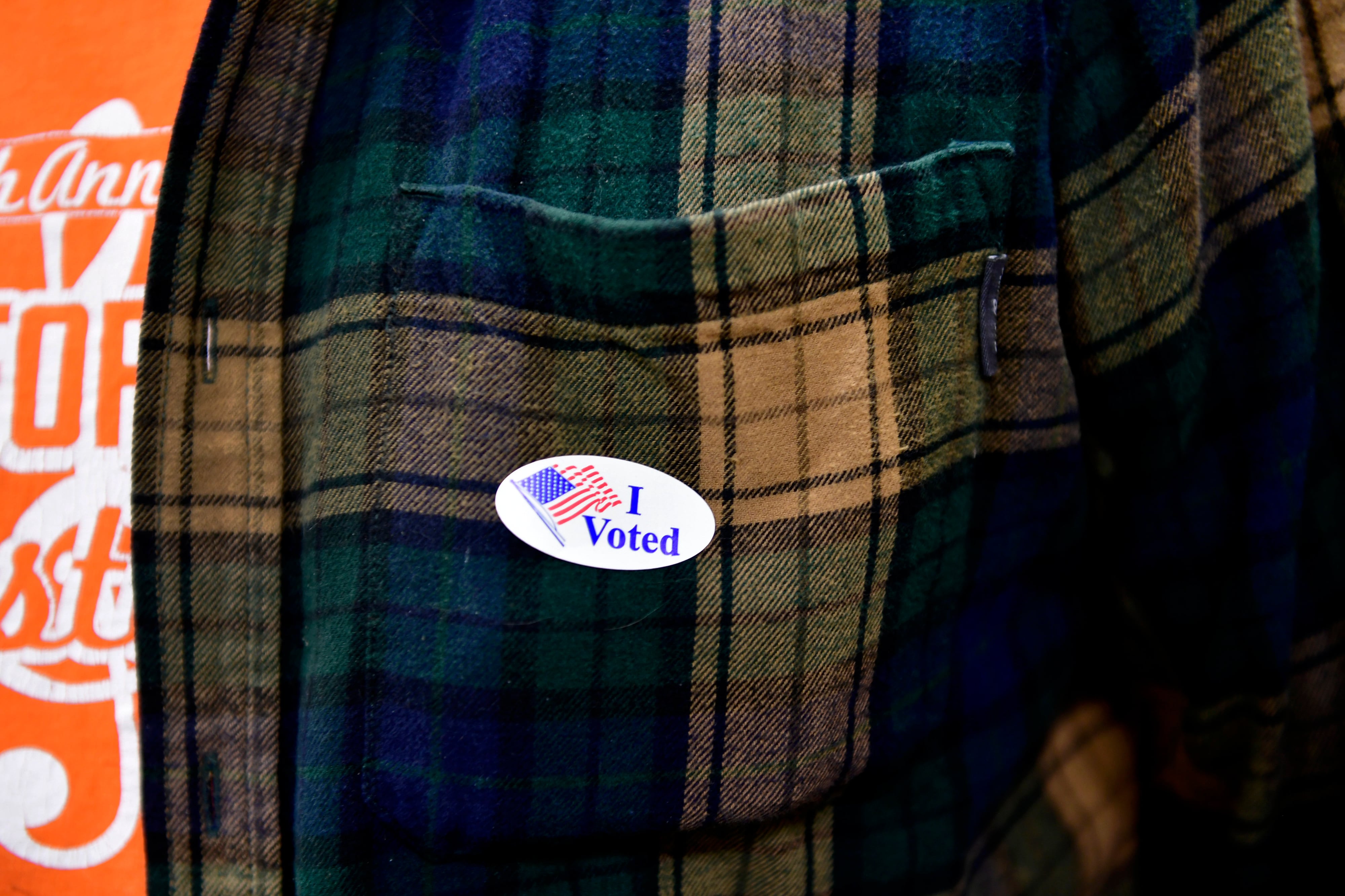Four seats on the Memphis-Shelby County Schools board will be up for grabs in less than two months, and Chalkbeat Tennessee wants to help voters across the city make an informed choice.
The winners of the Aug. 4 election will sit on the board that sets policies, approves spending, and has the power to hire, evaluate, and fire the superintendent of Tennessee’s largest school district. We want to hear what questions you have for the candidates and what you think they should prioritize if they win.
In all, 12 Memphians are competing for seats representing districts 1, 6, 8, and 9. In District 8, Amber Huett-Garcia is the only candidate on the ballot, after longtime school board member Bill Orgel decided just before the filing deadline not to run for reelection.
To let us know what questions and issues you want school board candidates to tackle in Chalkbeat’s 2022 voter guide and our school board candidate forum, fill out the form below by Friday, June 24.
The candidate forum will place on the evening of Thursday, July 21. Sign up for our newsletter to receive more information on the event. And special thanks to our candidate forum co-hosts: Memphis Lift, MICAH, MICAH Youth Council, Memphis Education Fund, CHOICE, Stand for Children, Urban Child Institute, Refugee Empowerment Program, and Center for Transforming Communities.
If you are having trouble viewing this form, go here.








